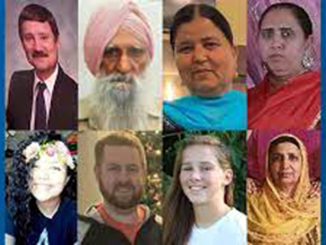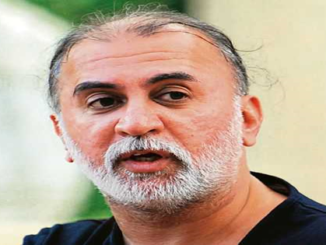In a welcome intervention, the Supreme Court halted the anti-encroachment drive initiated by the North Delhi Municipal Corporation in violence-hit Jahangirpuri on Wednesday. Communal clashes during a Hanuman Jayanti procession in the area on Saturday had left eight police personnel and a local resident injured. With normalcy yet to be restored in the locality, undertaking the demolition of unauthorized structures — and that too without giving prior notices to the alleged violators — was an injudicious move at the outset. Its timing left no room for doubt about its intent: communalizing the illegalities and targeting members of a particular community. Encroachments and illegal constructions didn’t spring up overnight in Jahangirpuri; nor are these structures confined to this Delhi locality. Many such eyesores are spread around various places of worship in the Capital and elsewhere, mushrooming rampantly over the years, or even decades, thanks to administrative laxity and political patronage.
The pick-and-choose approach of the authorities reeks of a vindictive agenda, especially since it comes close on the heels of a similar crackdown on illegal constructions in Uttar Pradesh and Madhya Pradesh. Calling the goings-on a ploy to target minorities, especially Muslims, in the name of crime prevention, the Jamiat Ulama-i-Hind has filed a petition in the apex court against the use of bulldozers for razing houses and other buildings in BJP-ruled states.
It is not uncommon for an anti-encroachment drive to face resistance from local residents. Following the due process of law is a prerequisite for the smooth conduct of this exercise. However, this process is being repeatedly bypassed as the powers that be are riding roughshod over constitutionally granted rights. Presumption of innocence is a well-established and time-tested legal principle. And it is for the courts to pronounce the sentence after they find an accused guilty of an offence. The punitive action being ordered and executed without a hearing against the violators — singled out on the basis of the community they belong to — does not bode well for our justice delivery system. Officials involved in this extrajudicial and unconstitutional overdrive, and the politicians spurring them on, must be held accountable.
(Tribune, India)





Be the first to comment